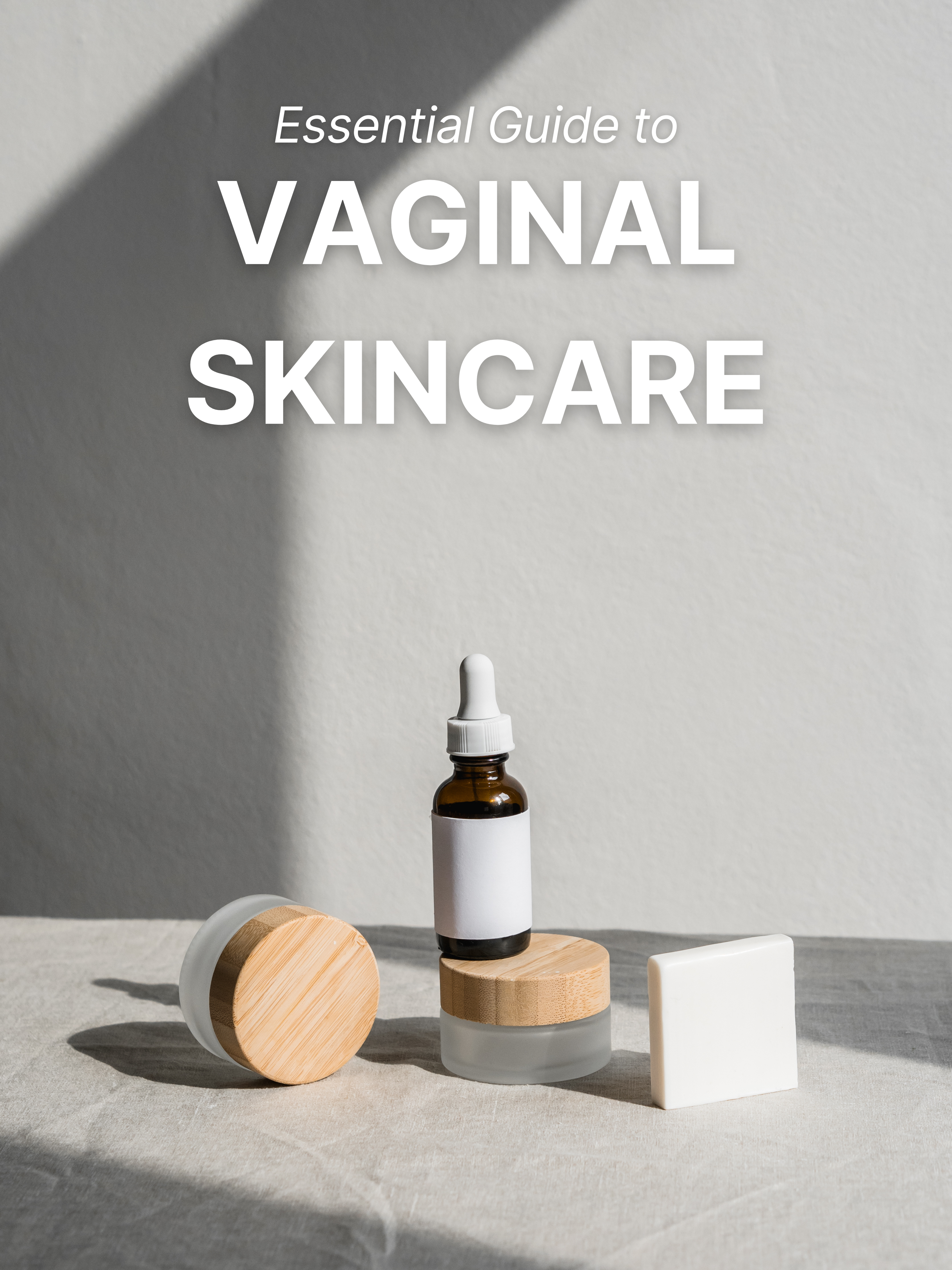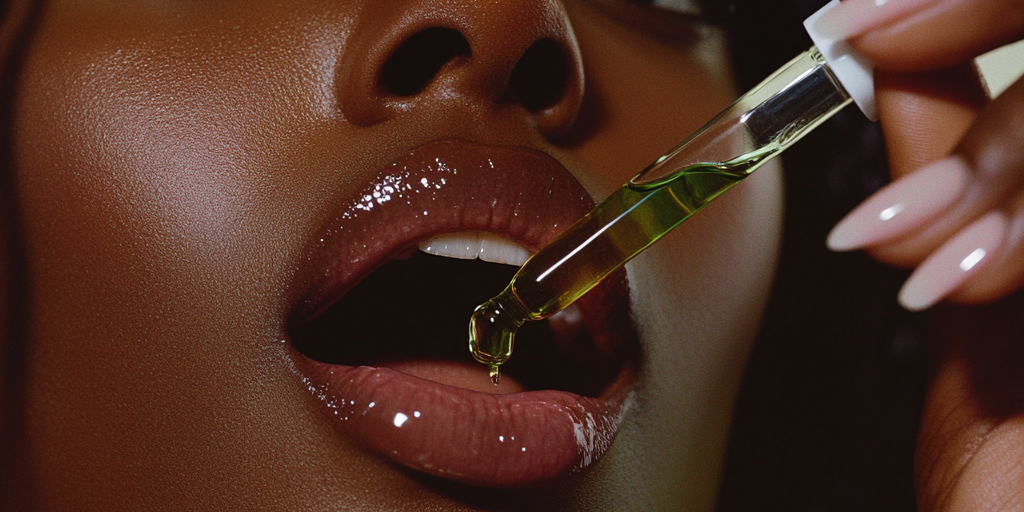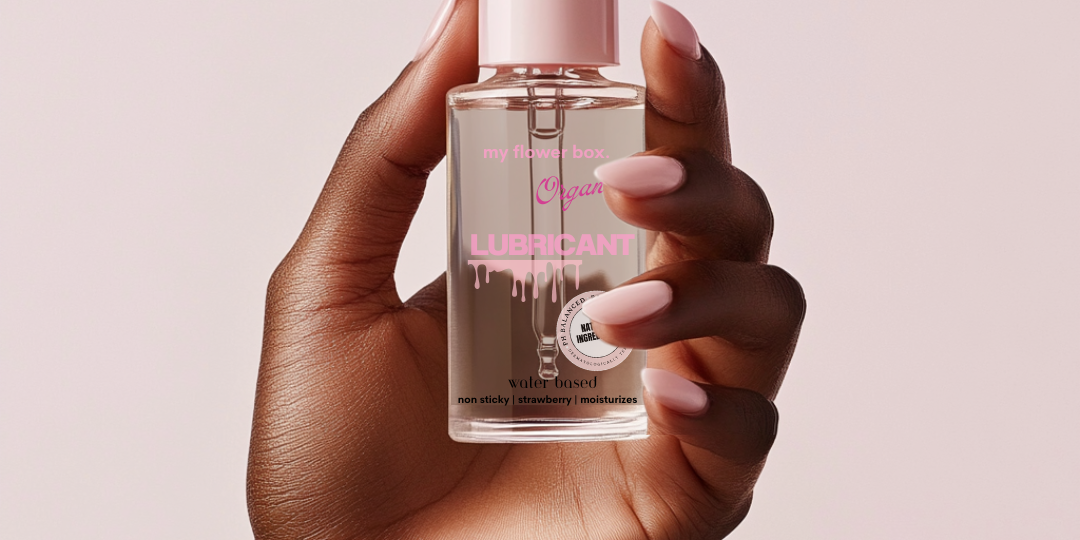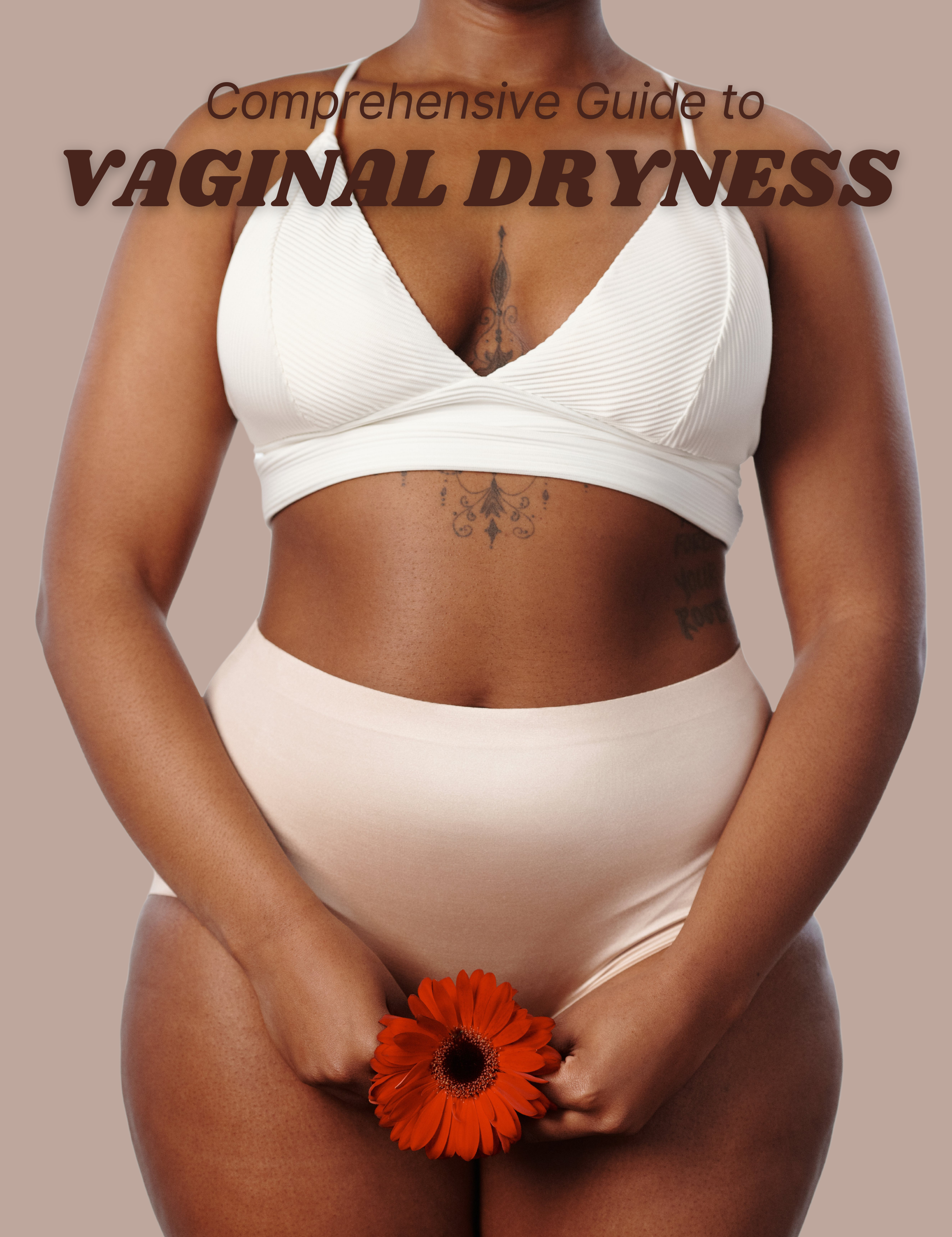The Essential Guide to Vaginal Skin Care: Tips for Maintaining Balance and Comfort

Caring for your vaginal health is a crucial aspect of overall well-being, yet it's often shrouded in misconceptions and overlooked in everyday hygiene routines. This essential guide to vaginal skin care aims to shed light on the best practices for maintaining balance and comfort, offering actionable tips and debunking common myths along the way. From choosing the right products to addressing common concerns, this article will navigate through the nuances of keeping your most delicate area healthy and comfortable.
Understanding Your Vaginal Health
A fundamental aspect of personal health and wellness involves understanding and caring for your vaginal health. This section delves into the critical components that make up a healthy vaginal environment, providing insights into how you can maintain its natural balance and prevent common issues. Here are essential points to keep in mind:
- Recognize that the vagina is a self-cleaning organ, designed to maintain its health through natural secretions. This process helps to keep the area moist and protects against infections by flushing out dead cells and bacteria.
- The vaginal environment's pH level is slightly acidic, typically ranging between 3.8 and 4.5. This acidity helps to prevent the growth of harmful bacteria, preserving a healthy balance of vaginal flora.
- The vaginal microbiome consists of a variety of bacteria, with lactobacilli being the most prevalent. These beneficial bacteria produce lactic acid, further supporting the acidic environment and preventing the overgrowth of harmful organisms.
- Normal vaginal discharge is clear to milky white, odorless, and can vary in consistency throughout the menstrual cycle. Small variations are normal, but drastic changes in color, odor, or consistency could indicate an imbalance.
Daily Vaginal Hygiene Practices
Maintaining daily vaginal hygiene is pivotal for preventing discomfort, irritation, and infections. By adhering to gentle and safe practices, you can ensure the health and balance of your vaginal area. Here are the essential tips for your daily routine:
Choose the Right Cleanser:
- Opt for mild, unscented soaps or cleansers specifically designed for the vaginal area. These products are less likely to disrupt the natural pH balance, which is crucial for maintaining a healthy microbiome.
Be Mindful of Water Temperature:
- Use warm water for cleaning the vaginal area. Extreme temperatures, whether too hot or too cold, can cause irritation and discomfort.
Proper Drying Techniques:
- After washing, gently pat the area dry with a clean towel. Avoid rubbing as it can lead to irritation. Ensuring the area is dry helps prevent the growth of bacteria and yeast, which thrive in moist environments.
To Wipe or Not to Wipe:
- Always wipe from front to back after using the toilet. This practice helps prevent the spread of bacteria from the anus to the vagina and urethra, reducing the risk of urinary tract infections (UTIs).
Consider Your Menstrual Products:
- Choose menstrual products that suit your body and lifestyle. Whether you prefer pads, tampons, or menstrual cups, ensure they are changed regularly to maintain hygiene and comfort. Buy from trusted brands and make sure that the products are safe for your vaginal skin.
Underwear Selection:
- Wear breathable, cotton underwear to allow air circulation. Synthetic fabrics can trap moisture and heat, creating an environment conducive to bacterial and yeast growth.
Avoid Douching:
- Douching can disrupt the natural balance of bacteria and yeast in the vagina, leading to infections. The vagina is self-cleaning, and the introduction of foreign substances can do more harm than good.
Implementing these daily vaginal hygiene practices will not only keep you comfortable but also contribute to your overall vaginal health. Remember, gentle care and attention to the natural needs of your body are key to maintaining balance and preventing common vaginal issues.
Addressing Common Vaginal Skin Issues

Vaginal skin issues such as irritation, dryness, and infections can be uncomfortable but are often preventable or manageable with proper care. Here are targeted strategies for addressing these common concerns:
- Avoid products with harsh chemicals, dyes, and fragrances that can irritate the vaginal area.
- Choose unscented, hypoallergenic laundry detergents for underwear and avoid fabric softeners.
- Wear loose-fitting, breathable clothing to reduce friction and moisture buildup.
- Use a vaginal moisturizer that is pH-balanced and specifically designed for vaginal use to help maintain natural moisture levels.
- Stay hydrated by drinking plenty of water, as overall hydration benefits vaginal skin health.
- Be aware of symptoms such as unusual discharge, odor, itching, or burning, which could indicate an infection like yeast or bacterial vaginosis.
- Maintain a balanced diet rich in probiotics to support a healthy vaginal flora.
- Consult a healthcare provider if you experience persistent symptoms, discomfort, or signs of infection, as early diagnosis and treatment are crucial.
- Regular gynecological check-ups can help prevent and manage potential issues through professional guidance and screenings.
Addressing common vaginal skin issues involves a combination of preventative measures, gentle care, and being attentive to your body's needs. Recognizing when professional advice is necessary ensures that any concerns are addressed promptly and effectively, maintaining your comfort and health.
The Role of Diet and Lifestyle in Vaginal Health
Eating well and living a healthy lifestyle can really help keep your vaginal health in check. Here's a simple guide to do just that:
- Eat Probiotic Foods: Yogurt, kefir, and other fermented foods are great for keeping the vaginal area's bacteria balanced.
- Drink Water: Staying hydrated helps with natural lubrication and keeps things comfortable down there.
- Get Your Vitamins: Foods with Vitamin E (like nuts and seeds), Vitamin D (such as fatty fish), and antioxidants (found in fruits and veggies) are good for your skin and vaginal health.
- Cut Down on Sugar and Bad Habits: Too much sugar can mess with bacteria balance, leading to issues like yeast infections. Drinking a lot of alcohol and smoking can also harm your overall and vaginal health.
- Exercise Regularly: This boosts your overall health and helps keep your hormones balanced, which is good for your vaginal health.
- Manage Stress: Too much stress can mess with your hormones. Try yoga, meditation, or mindfulness to keep stress in check.
- Sleep Well: Enough sleep helps keep your hormones balanced and supports your body’s healing processes, including vaginal health.
- Practice Safe Sex: Using protection and being safe can prevent infections that affect your vaginal health.
By making these changes to your diet and lifestyle, you can improve your vaginal health, avoid discomfort, and feel better overall. It's all about taking care of your body as a whole.
Key Takeaway
Maintaining vaginal balance and comfort goes beyond mere convenience; it's a critical aspect of a woman's overall health and well-being. Understanding the intricacies of vaginal health means acknowledging how essential proper hygiene practices are, how vital it is to select appropriate products that are safe and supportive of the natural vaginal environment, and how crucial it is to be vigilant about changes that may necessitate professional consultation. By prioritizing these aspects, women can proactively safeguard their vaginal health, preventing discomfort, irritation, and infections that could compromise their quality of life.
People May Ask
Discover Your Best Vaginal Health with MyFlowerBox: Start Your Journey to Balance and Comfort Today!
Are you ready to embark on a journey to newfound balance and comfort? Look no further! Join countless women who have already discovered the secret to their best vaginal health.
With MyFlowerBox, you're not just purchasing a product – you're investing in your well-being. Say goodbye to discomfort, irritation, and uncertainty. Say hello to a revitalized, confident you!
Don't wait any longer to unlock the key to your best vaginal health. Start your journey today with MyFlowerBox, and let nature's beauty and science work harmoniously for you. Trust us; your body will thank you. Say YES to a healthier, happier you! 🌺💫
0 comments





